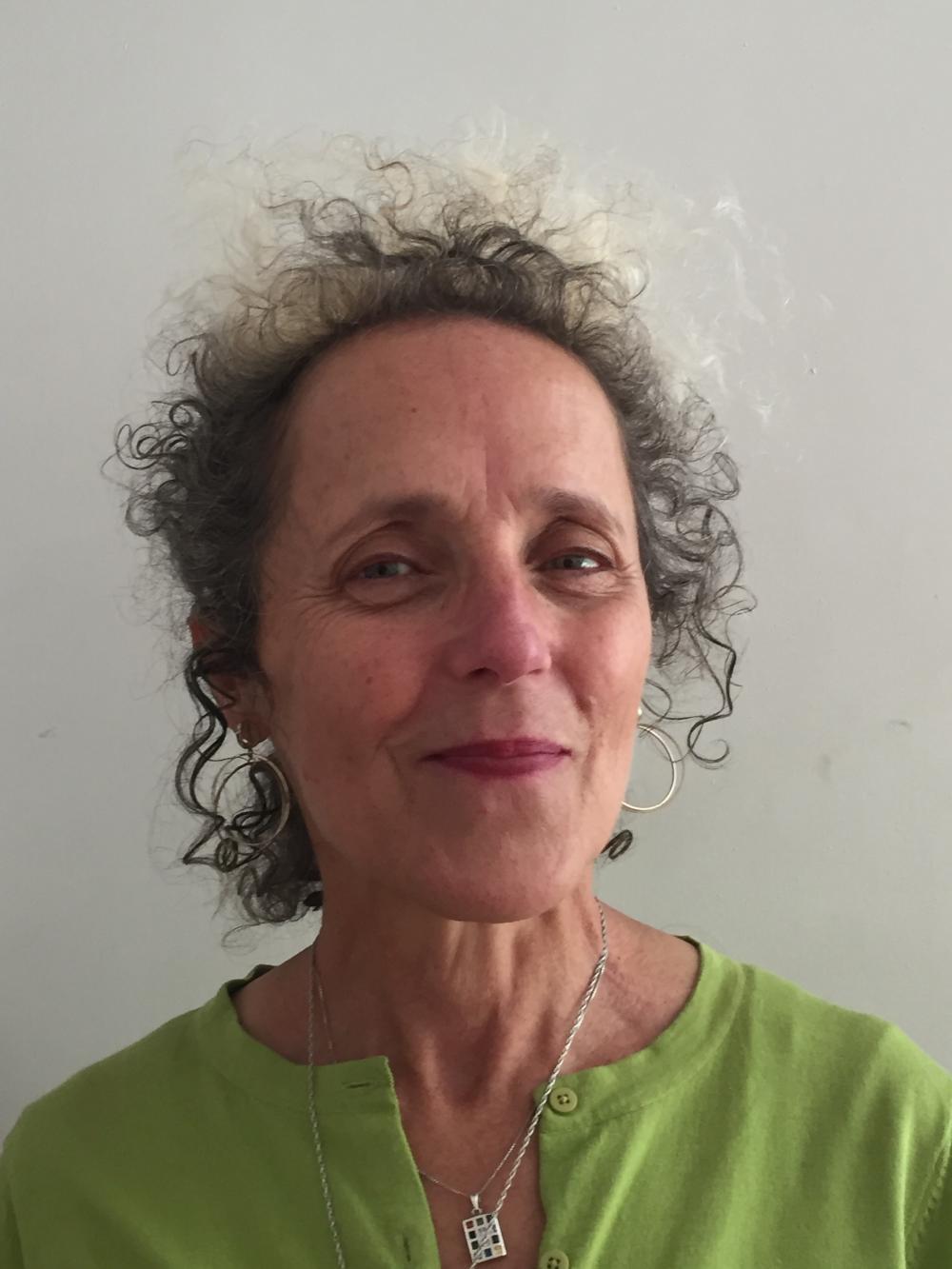
I bring 30 years’ skill and experience from the non-profit and private sectors. Over the last 13 years, I have been a Director of Why me?: Transforming Lives through Restorative Justice. I built the charity to be a leading UK restorative justice organisation elevating the voices of people with lived experience of restorative justice. My knowledge extends to policy, campaigning, communication, governance, finance, fundraising and staff management. I have championed restorative justice with the UK Minister for Victims, the Ministry of Justice, the Home Office, with National Police bodies and victims groups and have sat on many advisory groups. As a result restorative justice is far better understood and supported by policy-makers and professionals. I am currently a freelance consultant at Jaffeworks.com specialising in supporting restorative justice services, non-profit and corporate organisations to thrive around the world.
Since being co-opted to the EFRJ Board in June 2023, I have been deeply involved in planning the EFRJ’s organisational strategy for the next 5 years. I have applied myself to the EFRJ fundraising and finance planning, working closely with the Secretariat and Board members to take a strategic approach to financing the organisation’s activities and diversifying income streams. I am proposing a fundraising plan and policy to the Board meeting in May 2024, which will lay the foundations for the years ahead. My involvement with the EFRJ working group on Violent Extremism, Hate Crime and Polarisation since 2019 demonstrates my commitment to deepening and extending restorative knowledge, practice and policy in this important area.


